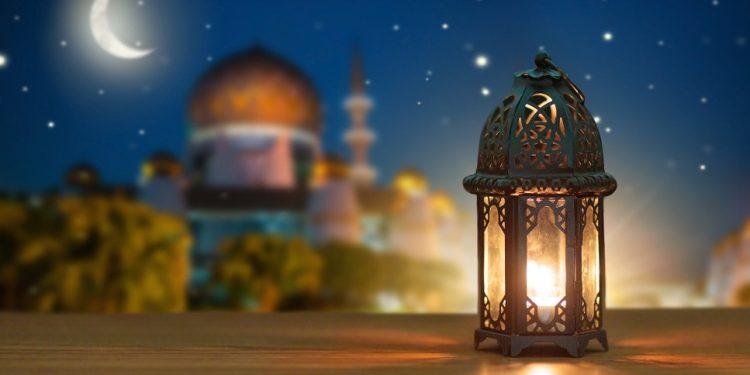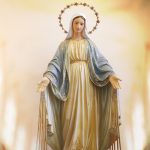
Ramadan
Ramadan is a religious holiday that lasts a whole month during which participants practice personal introspection, prayer, and fasting. It is observed by Muslims all over the world in the ninth month of the Islamic calendar. Since it is based on a lunar calendar that falls short of the Gregorian calendar by eleven days, this holiday does not start on the same day each year. Ramadan means “scorching” in Arabic.
History of Ramadan
This religious holiday was established in the 7th century when the Quran was revealed to the Prophet Muhammad. His revelation began in 610 CE in Mecca at Hira Cave on Mount Nur. This day is known as Laylat al-Qadr, which means Night of Decree or Night of Power in English. As revealed by the hadith, all of the subsequent Holy Scriptures were written down this month by the Prophet Muhammad. Observance of Ramadan is mandatory as stated in the Quran, Surah 2, Ayah 185.
Ramadan Traditions & Practices
During this religious month, Muslims are expected to fast every day from dawn to dusk. During this time, they are to refrain from eating or drinking, smoking, or engaging in sexual activity. They are also to avoid having impure thoughts or using unclean words. They must avoid behavior that may be considered immoral.
Fasting during Ramadan serves a dual purpose. It is not only seen as a way for Muslims to cleanse their souls of impure elements but is also done to empathize with those in the world who may be poor and hungry. It is expected that all Muslims fast during these times, with the exception of those who have not reached puberty or are too ill to do so.
As such, children, pregnant women, the sick and elderly, and travelers are not expected to fast. However, these groups are to make up for any missed fast days by fasting at some point in the future, and if that is not possible, then by giving food to the poor.
During Ramadan, the pre-dawn meal is known as Suhoor, and the post-dusk meal is known as Iftar. Tradition dictates that the fast each day be broken by eating a single date, after which an elaborate feast is usually served. The foods that may be served during this time are as varied as the cultures in which this holiday is practiced and often include foods that are indigenous to the region.
However, this holiday is not just about abstention. It is also a time to practice self-reflection. During this time, many Muslims go about their normal days but do so in a more reflective manner, saying special prayers and attending mosques more frequently. Some Muslims also use this time to read the Quran in its entirety.
During this religious month, it is important that participants are charitable to their fellow citizens. In fact, Zakāt, or the paying of alms to benefit the poor and less fortunate, is one of the Five Pillars of Islam but is especially important during Ramadan. Muslims are expected to give more and more frequently to the poor and needy.
Ramadan is usually concluded with a large celebration. This celebration, known as the Feast of Fast Breaking or Eid al-Fitr, starts the day following the end of Ramadan and usually lasts for three days. During these three days, Muslims say special prayers, gifts are exchanged, and meals are shared with friends and family. In the United States, the U.S. President has hosted an Eid al-Fitr dinner since 1996.








